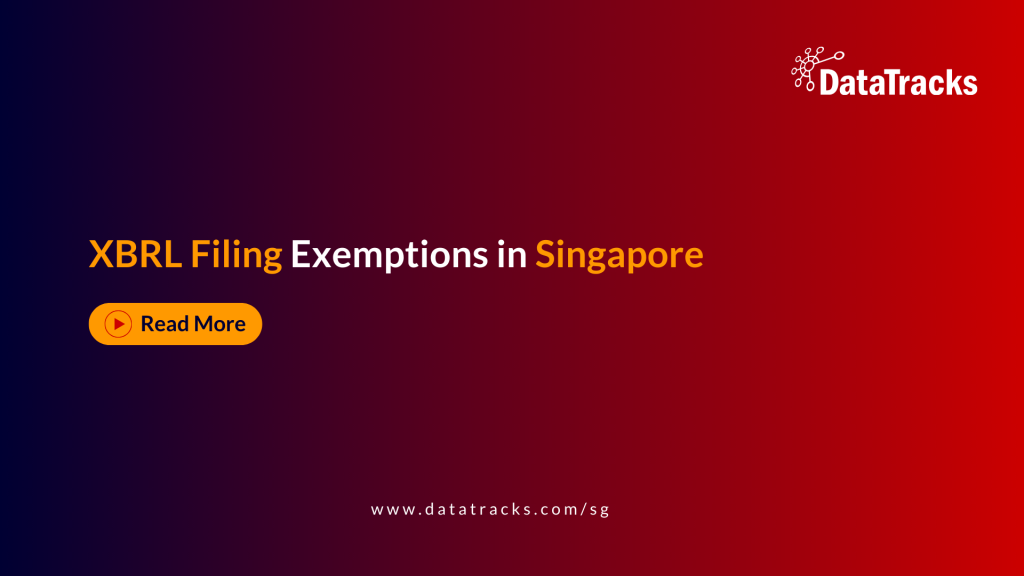The growing importance of data analytics for the SEC
On 25 June 2018, the U.S. Securities and Exchange Commission (SEC) published its draft strategic plan for fiscal years 2018 – 2022. Although comments for the draft closed on 25 July 2018, the draft provides ample insight into the SEC’s priorities over the coming years and its apparent willingness to embrace digitisation.
Acceptance of data analytics by SEC
The SEC’s plan comprises three separate goals.
The first goal focuses on investors and their long-term interests. The second goal looks at innovation, specifically, recognizing significant developments and trends in evolving capital markets, as well as and looking into how resources can be effectively allocated. The third and final goal centres on performance, which hopes to improve the SEC’s performance through improving the federal agency’s analytical capabilities and human capital development.
Interestingly, data analytics is given special attention during a discussion of the SEC’s third goal on performance.
Specifically, the SEC outlines its aim to increase the use of risk and data analytics to inform how it sets regulatory priorities and focus staff resources, including developing a data management program that treats data as an SEC-wide resource with appropriate data protections.
The use of big data and data analytics isn’t particularly new. Many companies have leveraged big data for the past few years, benefitting from the insights it can bring in relation to changes in the market, customer spending habits and preferences, all while offering businesses greater protection against deception and fraud.
As such, it’s encouraging to see the SEC also embrace data analytics and recognise the role it can play in improving their overall efficiency and performance. This is also evident in the way that the SEC claims that “data analytics are essential to rooting out wrongdoing in our markets.”
You can see the SEC’s full draft strategic plan here.
An encouraging trend
If the SEC’s draft strategic plan remains unchanged, then the increased emphasis on risk and data analytics seems indicative of a federal agency that’s willing to embrace the age of digitisation.
After all, the draft is just one example of how the SEC appears to be embracing technology for the greater good.
Back in June, the SEC announced that it had approved the adoption of iXBRL for reporting for mutual funds and operating companies, in a move that was widely applauded.
While these steps are certainly encouraging, there is still work to be done when it comes to modernizing reporting practices in the US. Recently, XBRL US announced that it would form the State and Local Government Disclosure Modernisation Working Group.
The working group arose due to the fact that there is a lack of standardisation among the annual financial reports produced by certain state and local governments. As a result, the working group, according to XBRLUS, seeks to “ design schemas and XBRL implementation(s) for open data reporting of state and local government actual financial results” which should help standardise reporting.
DataTracks is experienced in providing XBRL and iXBRL reporting solutions for filing with the SEC, with expertise across a range of taxonomies, including IFRS and US GAAP. For more information, reach out to us at enquiry@datatracks.com.



